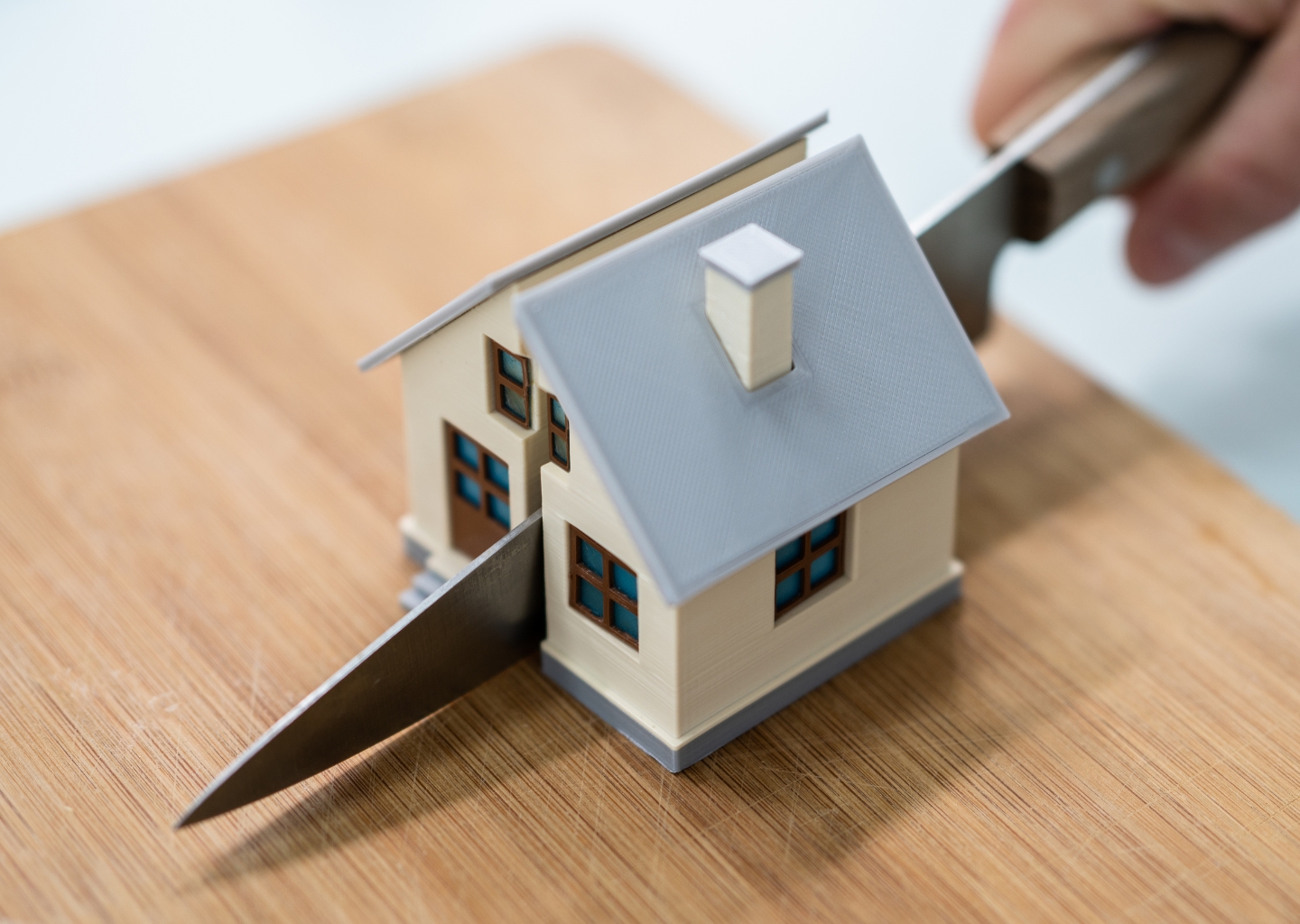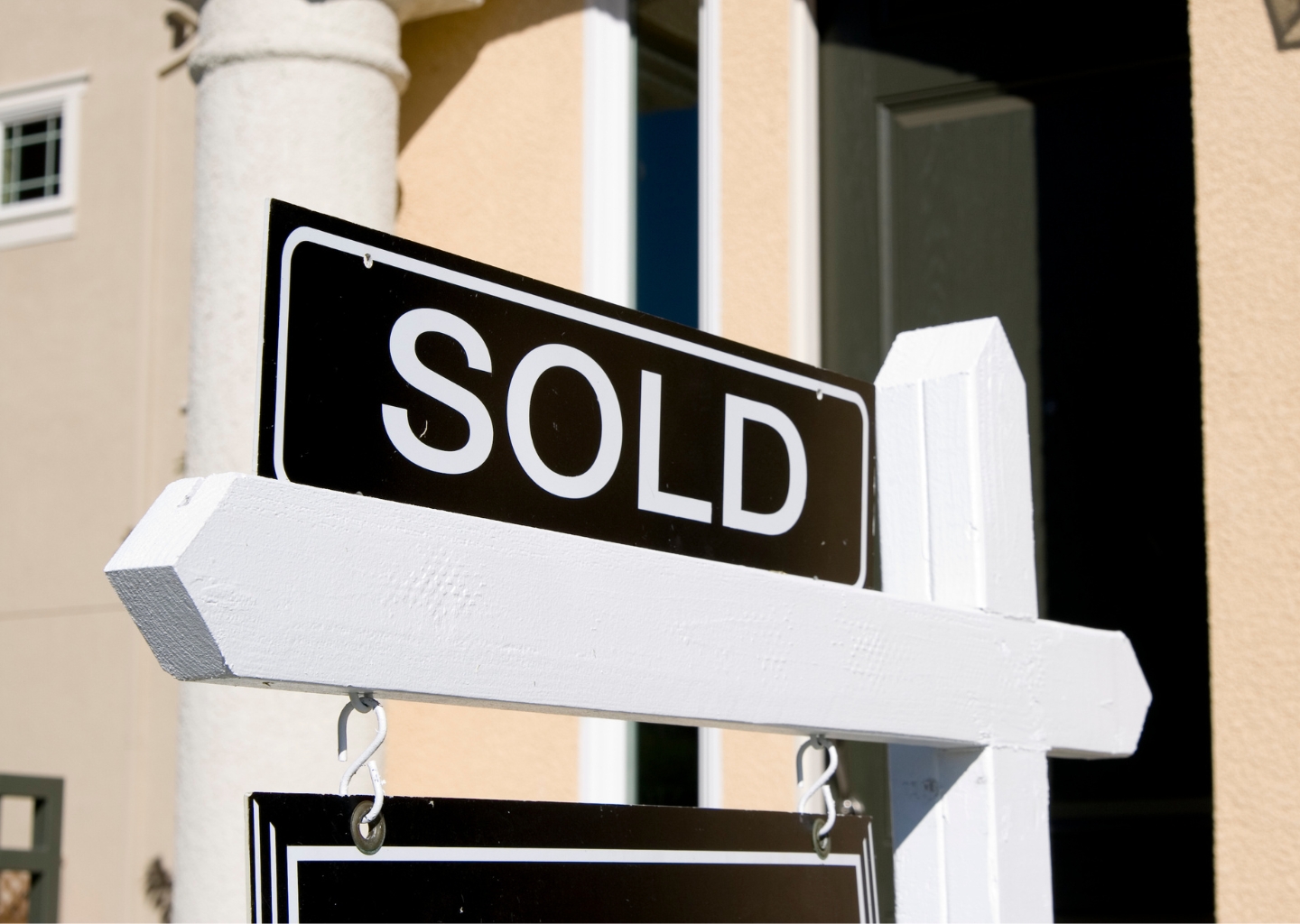Blog
How Rising Tariffs Affect Home Sale in Pittsburgh

Introduction
The housing market is always evolving, shaped by economic factors, consumer confidence, and government policies in this country. One issue that’s been making headlines recently is the reintroduction or escalation of Trump’s tariffs on imported goods. In April, President Trump declared ‘Liberation Day’ and announced new tariffs, creating uncertainty among local residents regarding their financial decisions and the stock market. Additionally, the tariffs imposed in January have had significant implications for various industries and consumers, affecting prices and local businesses. If you’re planning to sell a home in Pittsburgh, it’s natural to wonder: Will rising tariffs affect your home sale in Pittsburgh? The answer is more nuanced than a simple yes or no, and it depends on how deeply these tariffs ripple through the housing sector.
Understanding Tariffs and Their Impact on Housing
Tariffs are essentially taxes imposed on imported goods. They are designed to make foreign products more expensive, thereby encouraging companies and customers to buy domestically produced alternatives. While this might seem unrelated to the real estate market, tariffs can have a far-reaching impact on everything from construction costs to consumer spending habits.
In the area of Pittsburgh, a location known for its blend of historic charm and modern growth, the housing market reflects both national and local economic trends. Rising tariffs can influence the cost of building materials, the pace of new construction, renovation activity, and even buyer behavior. Increased tariffs have forced local businesses, such as plumbing and remodeling companies, to pass price increases onto their customers, thereby emphasizing the economic pressures created by these trade policies.
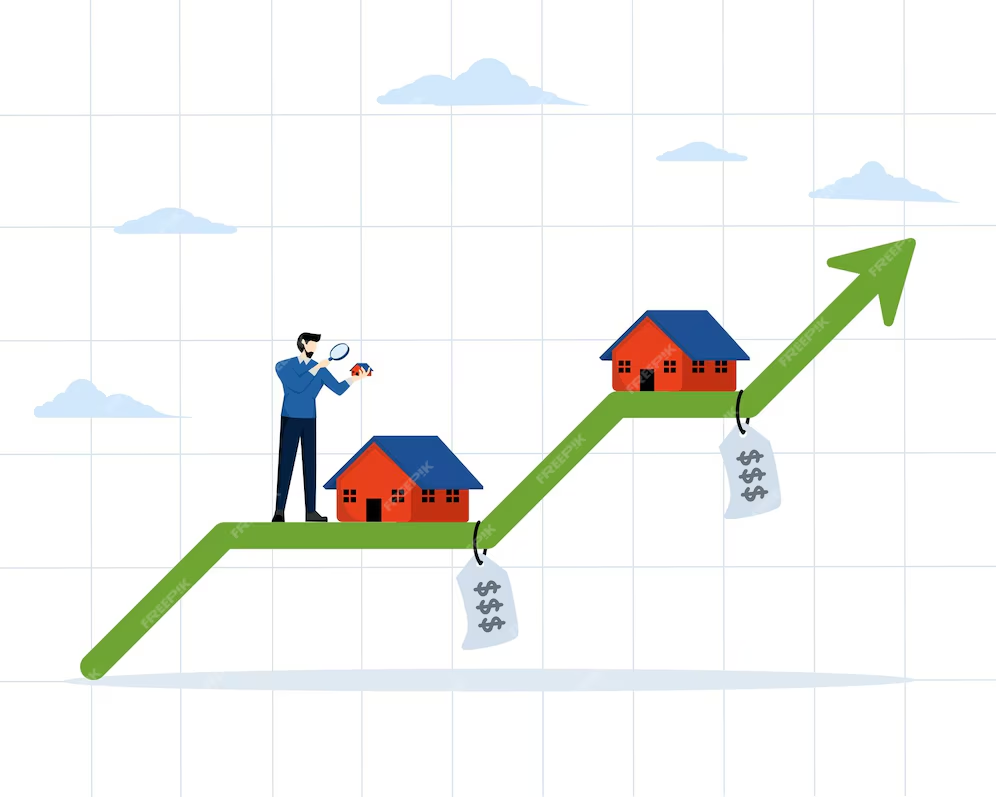
Tariff Impact on Home Sales
The implementation of Trump’s tariffs is expected to have a significant impact on the home sales market in Pittsburgh. As the cost of imported materials rises, so too may the prices of homes. This is particularly true for materials imported from China, such as electronics and construction supplies, which are essential for building and renovating homes. Consequently, homebuyers in Pittsburgh might find themselves facing higher prices, which could dampen overall demand for houses in the area.
Stock market volatility, spurred by the uncertainty surrounding tariffs, can also influence the home sales market. Potential buyers may become more hesitant to invest in a home amid economic uncertainty, leading to a decrease in the number of homes sold. A local real estate agent notes that this economic climate could deter buyers, making it more challenging for sellers to find interested parties.
The White House has argued that these tariffs are necessary to protect American industries. However, some experts believe that the broader economy, including the home sales market, could suffer as a result. Access to affordable housing in Pittsburgh may become more limited as the cost of building materials and other imports increases, making it more expensive for developers to construct new homes.
Despite these challenges, Pittsburgh’s strong economy and growing population may provide some resilience against the impact of tariffs. However, the average price of a house in Pittsburgh is still expected to rise, making it more difficult for first-time homebuyers to afford a home. This could lead to a decrease in the number of homes sold, as affordability becomes a significant barrier.
The rental market may also feel the effects of rising tariffs. Landlords might increase rents to offset the higher costs of maintaining and renovating properties, which could reduce demand for rental properties. As a result, both the home sales and rental markets in Pittsburgh are expected to be closely watched in the coming months.
Data on home sales in Pittsburgh already suggests that the market is feeling the effects of tariffs. Recent months have seen a decrease in the number of homes sold and a rise in prices due to increased demand and limited supply. Trade tensions between the US and China may further exacerbate these issues, as tariffs on Chinese imports reduce the availability of certain materials and products, complicating efforts to build new homes.
A professor of economics at a local university notes that the tariffs could have a negative impact on the economy, including the home sales market. The uncertainty caused by tariffs may lead to a decrease in consumer spending and investment, further affecting the housing market.
Overall, the home sales market in Pittsburgh is expected to be affected by tariffs, with prices potentially rising and demand decreasing. This makes it more difficult for buyers to find affordable homes and for sellers to sell their properties. The window of opportunity for buyers to purchase a home at a low price may be closing, making it more important for potential buyers to act quickly to take advantage of current market conditions.
Sellers in Pittsburgh may need to adjust their prices and marketing strategies to respond to changing market conditions and attract buyers looking for affordable options. The average homebuyer in Pittsburgh should consider the potential impact of tariffs on their purchasing power and plan accordingly, taking into account the potential for increased prices and decreased demand.
Finally, the tariffs may lead to a decrease in the number of foreign buyers in the Pittsburgh home sales market. The increased costs and uncertainty make it less attractive for international investors to purchase properties in the area, further impacting the market dynamics.
By staying informed and working with knowledgeable professionals, both buyers and sellers can navigate the challenges posed by rising tariffs and make informed decisions in this evolving market.
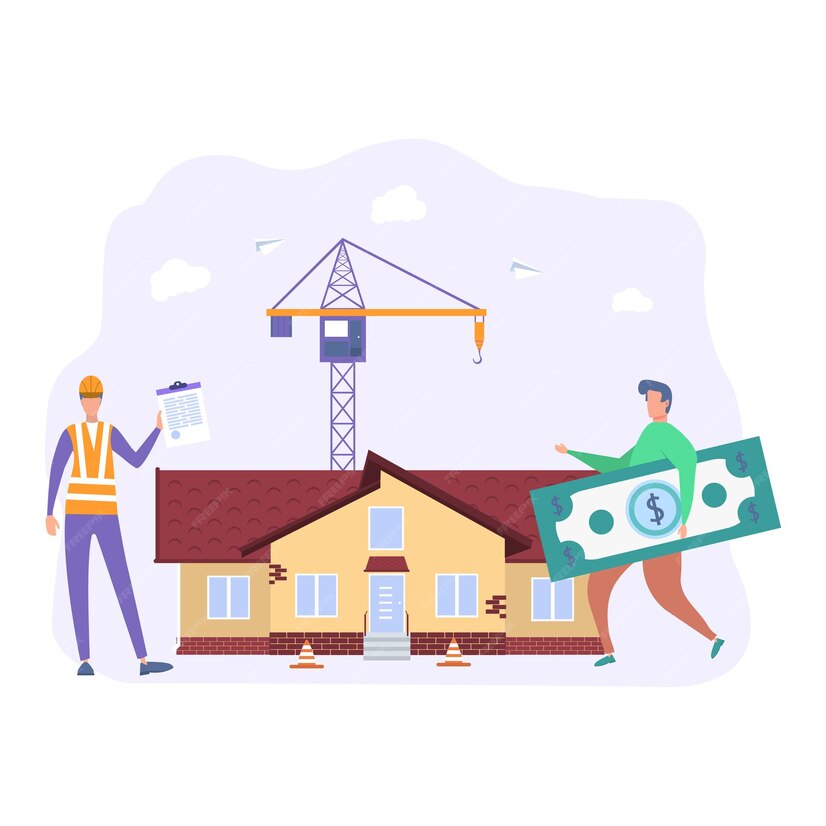
Construction and Renovation Costs May Rise
A significant way in which rising tariffs affect home sale in Pittsburgh is through construction costs. Many homebuilders and contractors rely on imported materials such as steel, aluminum, and lumber. If tariffs drive up the prices of these materials, builders may pass this money onto buyers, which could make newly constructed homes more expensive, among other things.
For existing homeowners preparing to sell, this also means that any pre-sale renovations or repairs could become more costly. Whether it’s replacing kitchen appliances, installing new windows, or updating a roof, the increased price of materials can shrink your renovation budget or force compromises on quality. Ultimately, this can make it difficult for you and affect your home’s marketability and sale price. Rising construction costs are also forcing homeowners to reconsider their renovation plans.
Slower Construction Means Less Inventory
Another potential consequence of rising tariffs is a slowdown in the pace of new construction. Builders may delay or cancel projects due to increased material costs, labor shortages, or reduced profit margins, which can also affect the stock market. For a city like Pittsburgh, which has seen steady demand for housing amid a growing tech and healthcare economy, any decrease in housing supply can influence market dynamics, impacting the average home price.
Reduced inventory could be a double-edged sword for sellers. On one hand, less competition might allow your home to stand out and sell faster. On the other hand, prospective buyers have reached a point of frustration due to low inventory and rising prices, which might shrink the pool of active, qualified buyers, impacting final sale outcomes.

Buyer Behavior and Economic Uncertainty
Tariffs don’t just influence supply-side factors; they also play a role in consumer sentiment. If tariffs lead to higher prices on everyday goods since the pandemic, buyers might tighten their spending. This economic pressure can make potential homeowners more cautious, delaying purchases or opting for more modest homes, leading to various stories in the market.
In Pittsburgh, where historically affordability has been one of the city’s housing strengths, rising costs due to tariffs could challenge that balance. The buying process for prospective homebuyers is further complicated by low inventory, rising home prices, and increasing interest rates. Buyers may become more selective, and homes with deferred maintenance or lacking key updates could be passed over in favor of move-in-ready properties in this world of rising cost. This makes strategic staging, pricing, and marketing even more critical. Economic fluctuations have also led people to adjust their long-term plans for buying homes, as uncertainty in the stock market and rising interest rates impact financial decisions.
Mortgage Rates and Broader Economic Trends
While tariffs themselves don’t directly influence mortgage rates, the broader economic uncertainty they create can. Rising tariffs can contribute to inflation throughout the year, prompting the Federal Reserve to adjust interest rates in response. Higher mortgage rates reduce buyer affordability, which can cool the housing market.
For sellers in Pittsburgh, this means that timing becomes even more important. Listing your home when interest rates are low and buyer demand is high gives you a better shot at a competitive sale. Keeping an eye on macroeconomic indicators alongside local market trends can help you make informed decisions over time. Additionally, individuals are adjusting their financial plans, such as considering how to pay for home renovations.
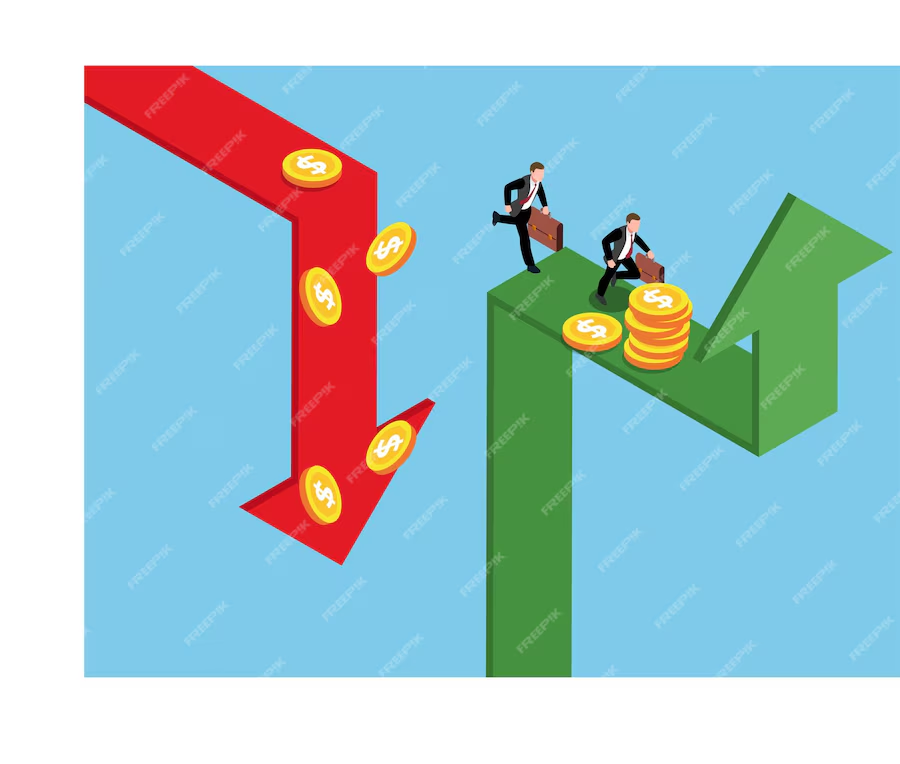
Long-Term vs. Short-Term Impact
It’s important to note that the effect of rising tariffs on the Pittsburgh housing market may not be immediately obvious. While some impacts, like increased renovation costs, can be felt right away, others unfold over months or even years, leading to a new way of thinking about market trend. The implementation of tariffs and the resulting market turmoil have left local residents uncertain about their financial futures and investment strategies. For instance, a prolonged trade war or ongoing tariff hikes could suppress economic growth, impacting employment and wage growth—both of which are critical to housing demand.
On the flip side, Pittsburgh’s diversified economy, relatively low cost of living, and strong educational and medical institutions can help insulate the city from national downturns. Sellers may find that while there are some headwinds, the market remains resilient overall compared to other parts of the country.
What Pittsburgh Home Sellers Can Do
If you’re concerned about how rising tariffs affect home sale in Pittsburgh, there are proactive steps you can take to mitigate risk and maximize your return:
- Consult a Local Real Estate Expert: Work with a Pittsburgh-based real estate agent who understands how national economic trends translate into local market shifts. They can guide your pricing strategy and marketing efforts accordingly.
- Prioritize High-Impact Renovations: Focus on upgrades that deliver the most bang for your buck, such as painting, landscaping, and minor kitchen or bathroom improvements. Avoid large-scale renovations that could be disproportionately expensive due to increased material costs.
- Be Flexible with Timing: If possible, consider timing your listing to coincide with periods of strong buyer activity or lower mortgage rates. Your agent can provide insights based on recent data.
- Highlight Affordability and Value: In your listing, emphasize features that align with value-driven buyers—energy-efficient appliances, low maintenance costs, or updated systems.
- Stage Your Home Thoughtfully: With buyers becoming more selective, presentation matters. A well-staged home that feels clean, fresh, and inviting can create an emotional connection that motivates offers.
Conclusion
So, will rising tariffs affect your home sale in Pittsburgh? The answer is yes—but perhaps not in ways that are immediately obvious as we see it unfold in the march of time. Recent tariff decisions by the Trump administration, particularly Trump’s tariffs, will impact various economic sectors, especially in Pittsburgh. Tariffs can influence everything from renovation budgets to buyer confidence and interest rates. However, Pittsburgh’s unique market strengths can help offset some of these challenges.
The key for sellers is to stay informed, work with knowledgeable professionals, and be prepared to adapt to changing conditions. By doing so, you can position your home to sell successfully, even amid broader economic shifts.
Related articles
Let Us Make this Easier for You.
You don’t have to figure it all out today. We’re here to help you take the next step. No pressure. Just real help when you need it most.
"*" indicates required fields


